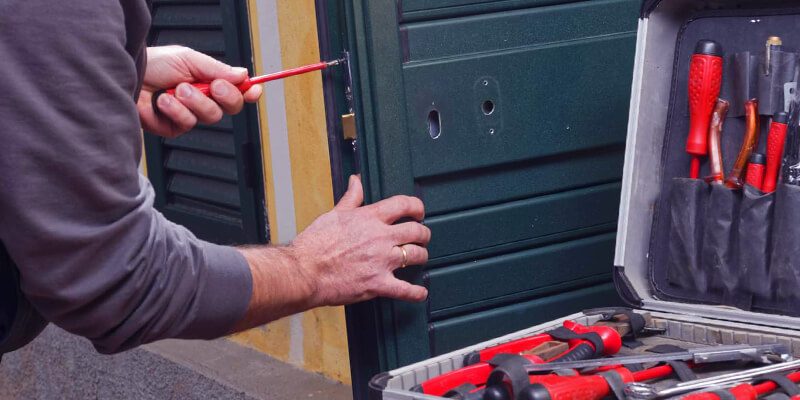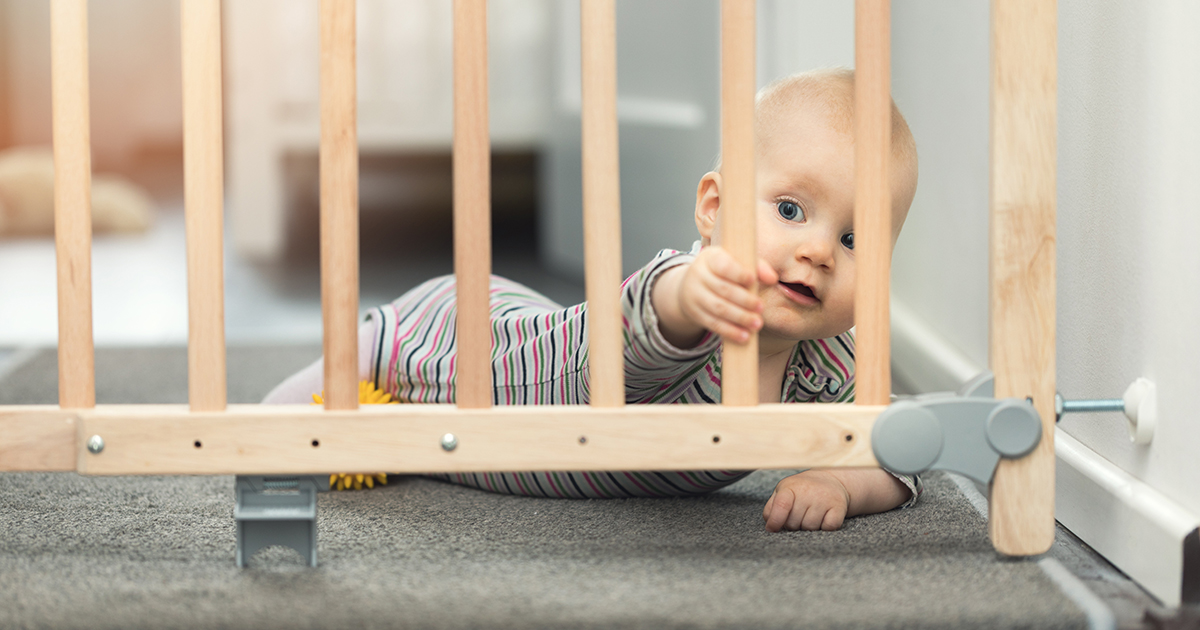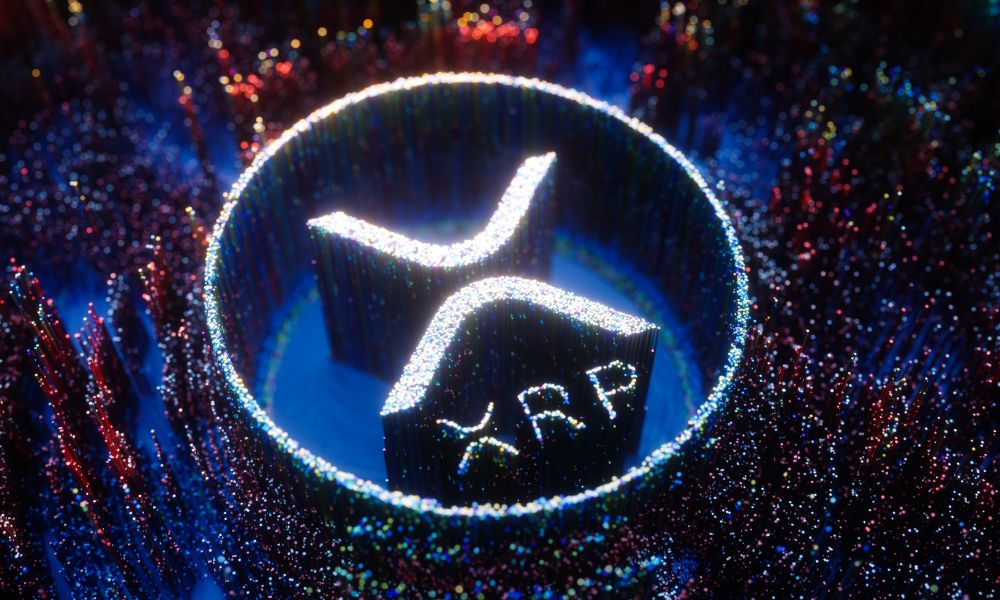Epoxy flooring is a type of flooring that’s made up of small, interconnected beads that are saturated with resin. When the resin is cured, it creates a durable and waterproof surface.
Epoxy flooring is popular for several reasons. First of all, it’s very easy to install. All you need to do is pour the resin into the desired shape and let it cure. Second, it’s incredibly durable – even long-term exposure to water won’t damage it. Finally, epoxy flooring is resistant to most types of stains and dirt, making it perfect for high-traffic areas like restaurants or hospitals.
There are a few downsides to epoxy flooring, though. It can be rather expensive compared to other types of flooring, and the finish can be a bit difficult to maintain over time.
Epoxy flooring is a type of flooring that’s made up of small, water-resistant balls that are bonded together with resin. It’s often used in areas where a strong, durable surface is needed, like kitchens and bathrooms.
Advantages of Epoxy Flooring
Epoxy flooring is a popular choice for people who are looking for a durable and long-lasting flooring option. Here are some of the advantages that epoxy flooring has to offer:
- Epoxy flooring is resistant to water and oil, making it perfect for areas with a lot of traffic or where spills happen frequently.
- It’s also ideal for high-traffic areas like kitchens, bathrooms, and other areas where everyone walks around.
- Epoxy flooring is easy to clean – just use a hose and buckets to get rid of any messes.
- Epoxy floors don’t require any special care – you can simply sweep them or vacuum them once a month.
- Epoxy floors can last anywhere from 10 to 20 years, which means they will be worth the investment in the long run.
Types of Epoxy Flooring
There are several different types of epoxy flooring, each with its benefits and drawbacks. Here is a brief overview of some of the most popular types:
- Polyurethane flooring: This type is the most common and relatively easy to install. It’s also one of the least expensive types of epoxy flooring, making it a good option for smaller spaces. However, it has several drawbacks, including its susceptibility to water damage and fading.
- Acrylic flooring: Acrylic flooring is less prone to water damage than polyurethane flooring, but it’s also more expensive and doesn’t last as long. It’s also not as easy to install as polyurethane flooring, which may be an obstacle for people who are not experienced in doing drywall repairs.
- Glass tile: This type of flooring is very versatile and can be used in various settings, such as homes, offices, or restaurants. It offers high levels of protection against moisture and dirt, but it may require additional maintenance (like sealing) over time.
- Laminate Flooring: This type of flooring is similar to glass tile in that it offers high levels of Protection from moisture and dirt, but laminates tend to be less durable than glass tiles.












Comments